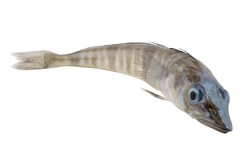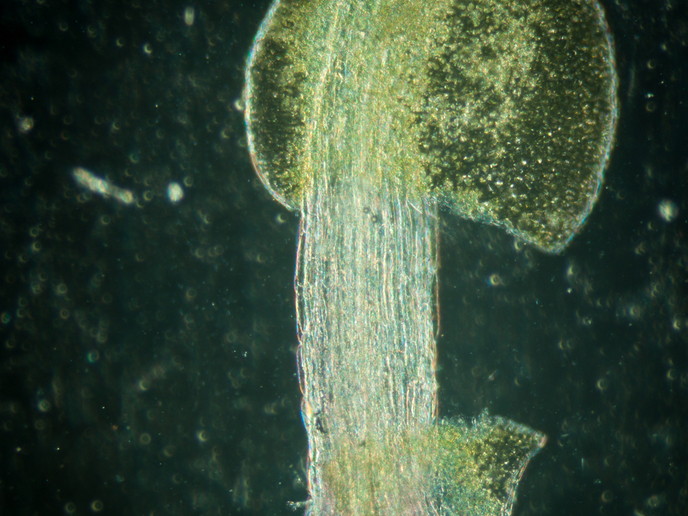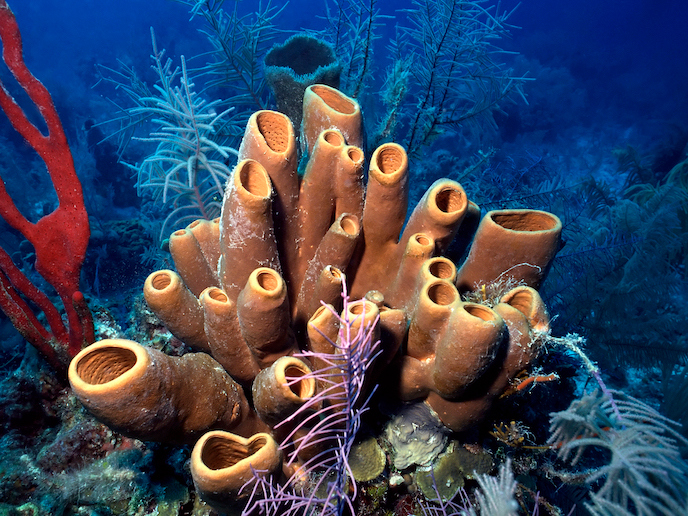The effect of warming waters on cold-water fish
Climate change is affecting species right around Earth; the Antarctic is no exception. Here, rising temperatures will likely reduce habitats available to cold-water species, among other concerns. Understanding the genetic basis of temperature dependence in cold-water fish will improve conservation and management plans for these species. Researchers from the EU-funded POLAREXPRESS (Temperature drives evolution: In search of gene expression differences between eurytherm and polar stenotherm fishes) project studied how fish in the Southern Ocean are genetically adapted to their preferred temperature ranges. The scientists studied three related fish species from the Antarctic. They compared the genetics of two species that can live only in a narrow temperature range with a third that is less temperature-sensitive. After keeping the fish at different temperatures, the researchers identified the genes that were more or less active in response to temperature. They then researched the function of the genes they had identified. POLAREXPRESS also sequenced part of the genome of one of the species and identified markers to study the genetic health of wild populations of these fish. The results of this project have helped scientists understand the effects of climate change on Antarctic fish species. This understanding will assist in the long-term conservation of marine species in warming oceans.
Keywords
Cold-water fish, genetics, temperature, Antarctic, climate change, POLAREXPRESS







